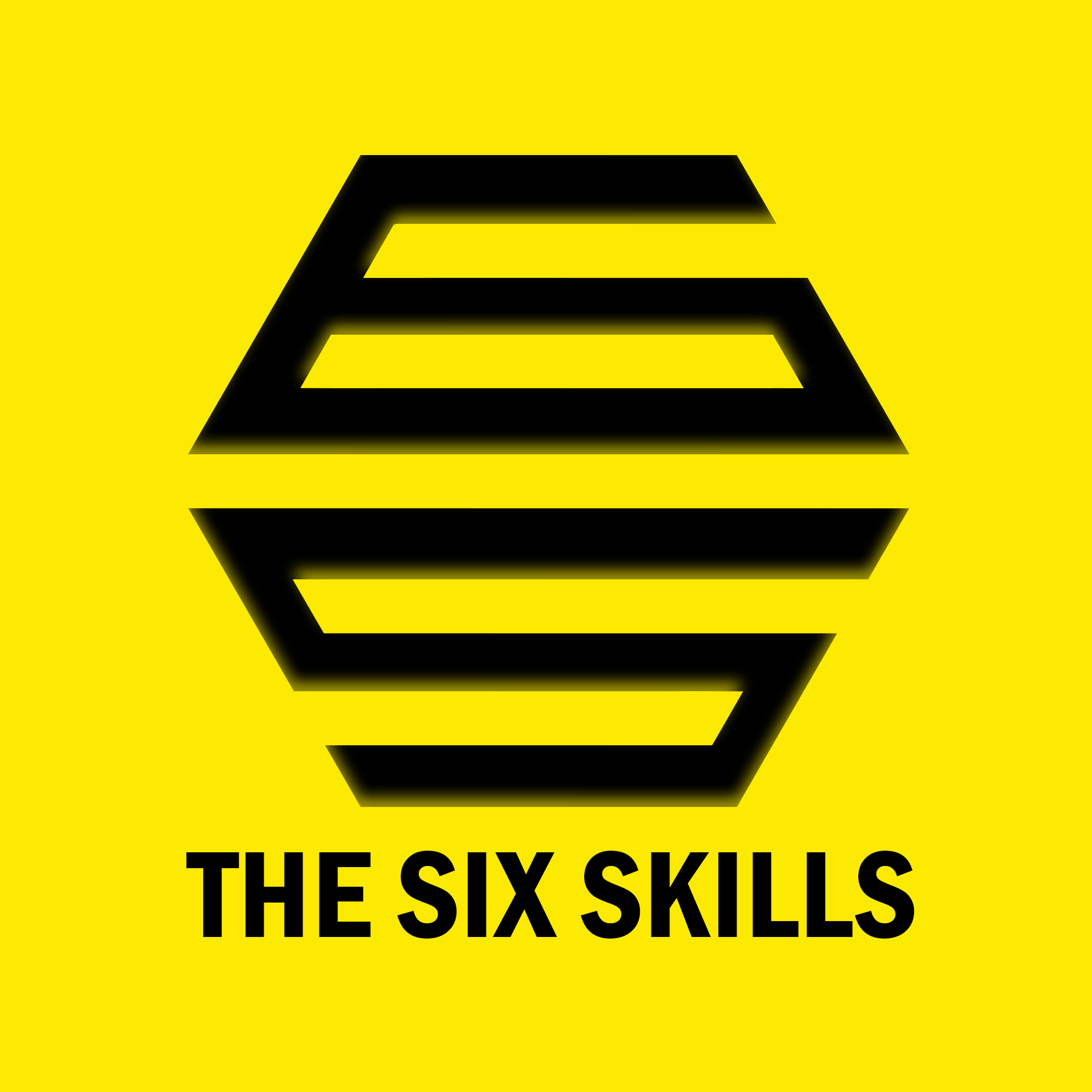
I don’t know about you, but I am ready to let go of 2020 and embrace 2021. Every new year, many people make New Year’s resolutions or set goals. But when reality hits after several weeks, we go back to our old way of life from the previous year. If we know this to be true, then why set goals? Aren’t we just setting ourselves up for failure?
Even though, we might not be able to achieve all our goals or even predict the future (no one could have predicted the happenings of 2020) I am a firm believer that setting goals can still help us. Here are some of the reasons why setting goals are important:
- Helps us to FOCUS on our purposes & mission
- Helps us to move FORWARD in progress
- Helps us to be FRUITFUL and stay motivated
- Helps us to FACE accountability & responsibility
Therefore, I believe it is a good thing to take some time to reflect and set up some goals for 2021. One thing to keep in mind is that there are so many articles and things written on the practicals of setting goals, therefore, if you want more information on it, then please look it up on the internet. I will try to give more of the mindset that you need in order to set good and tangible goals. Here are 6 skills (FUTURE) so that you can set your mind on your desired future and train your mind to take the necessary steps for a great 2021:
- F – FORMULATE your priorities. A problem that many of us have is doing a lot of “good things” that cause us to compromise on the “best things.” When we don’t know what our priorities are, then we will involve ourselves in a myriad of things that sometimes end up becoming detrimental to us at the end. If we understand what our priorities are, then we can make the right investments with our time, treasures, and talents to have the most impact. It fuels our sense of significance because we are doing what we feel like are critical to our calling.
Next Steps: Sit down and spend some time in reflection. Think about some of the major highs and lows from 2020. Then write down 4-5 top areas of your priority (i.e. family, career, personal development, and etc). It usually helps to answer the questions: What am I passionate about? What is important to me? If I died tonight, what do I want to be known for?
- U – UNDERSTAND yourself. One of the reasons why we don’t set healthy goals is because we don’t fully understand ourselves. For some of us, we have an over-estimation of ourselves and set really high unrealistic and unachievable goals, which will eventually discourage us when we fail to hit the mark. It is a sign of self-centeredness. For the rest of us, we have a tendency to have an under-estimation of ourselves and make uninspiring goals or don’t have goals at all. This is a sign of self-protection. Part of having humility and good self-awareness is to have an honest and correct perception of ourselves – knowing our weaknesses and strengths. The more you can understand yourself, the more you can come up with healthy and realistic, but yet, stretch goals so that we can grow.
Next Steps: Once you come up with the goals, ask someone who knows you well to double-check and see if it is consistent with our values and our abilities.
- T – THINK about the process. We always want to have it all, all at the same time. This is why we get disappointed or discouraged when we don’t achieve our desired goals or when we don’t see an instant change. It is vital that we always think about the process. It is in the process where we learn and appreciate some of the smaller wins. Every goal or resolution has a process. We don’t get to the end just in one day. It is made up of little steps that lead us to bigger gains. The quicker we understand and accept this, the more enjoyable the journey will be.
Next Steps: Break up your goals into bite-sized chunks and make sure that you achieve them on a regular basis. For example, if you want to run a marathon (42.2 km or 26.2 mi), then you have to run smaller chunks (5 km or 3.1 mi) and gradually build up (10 km or 6.2 mi) and etc. Then remember that you are making progress towards the goal.
- U – UTILIZE positive reinforcements. Our brains are powerful. We can actually train it to activate chemicals in our brains to help reinforce the action that we desire. This helps us to advance towards our goal. As we think through the process, it helps to “reward” ourselves for achieving smaller steps towards our goal. Therefore, when we achieve a certain point in our goals, we can positively reinforce ourselves. It helps to the importance of delayed gratification. This is when we set up smaller goals and only reward ourselves when we achieve it (positive reinforcement).
Next Steps: Keep track of the smaller goals and make sure after achieving them to reward yourselves so that it will train your mind to keep going.
- R – REJECT negative thoughts. It is easy to get derailed in our progress when we start to entertain negative thoughts. As we listen to thoughts such as, “you won’t be able to do it,” “you are too far behind in your goals,” “you messed up already,” “it won’t make a difference,” we will start to feel defeated. But it is imperative that you reject and fight through these negative thoughts and stay focused on the end goal and what it is that you are trying to achieve.
Next Steps: Practice self-speak by saying the words like, “even though,” “but,” “I will,” “I can.” Therefore, when you feel like giving up, you can say, “even though I am behind on my goals, I will continue to make progress.”
- E – ENCOURAGE accountability. No person will survive if they are trying to journey alone. It is crucial that we have people surrounding us so that they can support us. There will be many times when we want to quit or give up. But when we have trusted friends, they can step in and encourage us to press on. Just make sure that you have people in your lives to keep you accountable. It helps to share with at least one person what you are trying to achieve in 2021. By stating your goals, now you have other people to “report” to for the assessment of your progress.
Next Steps: Ask someone that not only knows you, but cares for you to keep you accountable with things that are important to you.
We all want to experience new and better things in 2021. Even though 2020 was hard, we can set some goals and prepare to move into our future with a more positive outlook. But this will require some effort in setting up good and healthy goals so that we can advance towards our destiny. When we don’t have a clear plan for the future, then it is easy to just wander aimlessly. Therefore, start to practice these six skills of FUTURE and start taking steps to reach your desired future in 2021:
- FORMULATE your priorities.
- UNDERSTAND yourself.
- THINK about the process.
- UTILIZE positive reinforcements.
- REJECT negative thoughts.
- ENCOURAGE accountability.


This Post Has 5,691 Comments